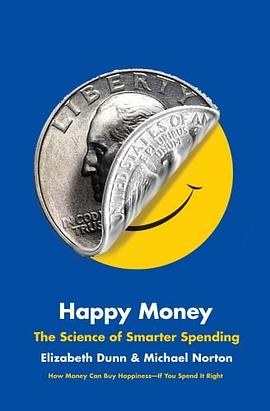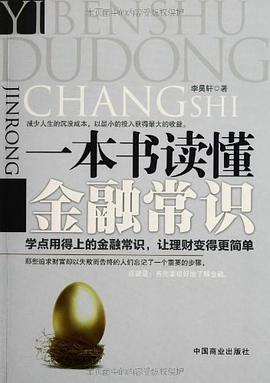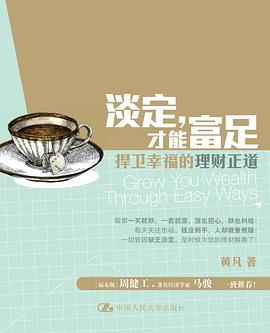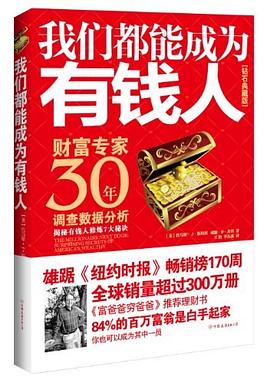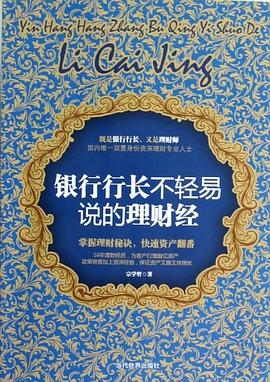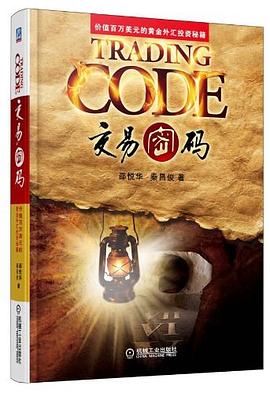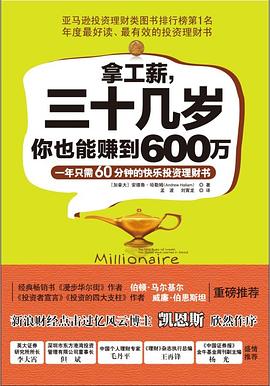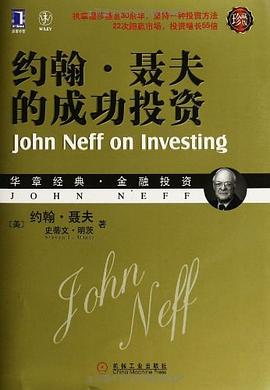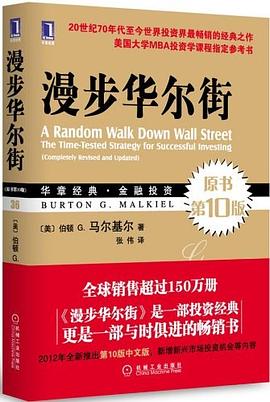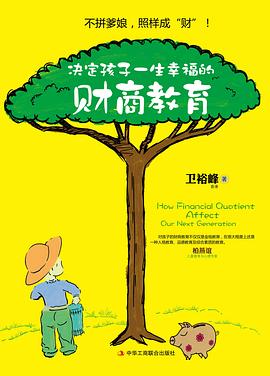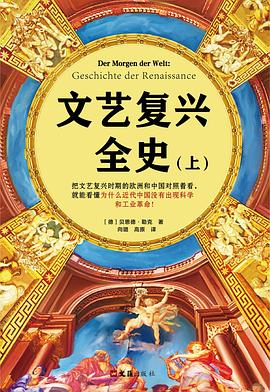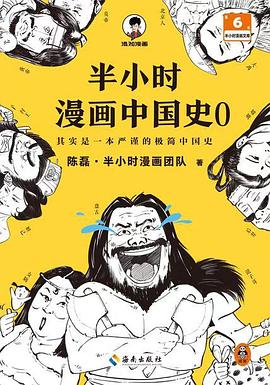
具體描述
Elizabeth Dunn is an associate professor of psychology at the University of British Columbia in Vancouver, Canada. At age twenty-six, she was featured as one of the “rising stars” across all of academia by the Chronicle of Higher Education.
Michael Norton is an associate professor of marketing at the Harvard Business School. His research has twice been featured in The New York Times Magazine Year in Ideas issue. In 2012, he was selected for Wired magazine’s Smart List as one of “50 People Who Will Change the World.”
Two professors combine their fascinating and cutting-edge research in behavioral science to explain how money can buy happiness—if you follow five core principles of smart spending.
Most people recognize that they need professional advice on how to earn, save, and invest their money. When it comes to spending that money, most people just follow their intuitions. But scientific research shows that those intuitions are often wrong.
Happy Money offers a tour of research on the science of spending, explaining how you can get more happiness for your money. Authors Elizabeth Dunn and Michael Norton have outlined five principles—from choosing experiences over stuff to spending money on others—to guide not only individuals looking for financial security, but also companies seeking to create happier employees and provide “happier products” to their customers. Dunn and Norton show how companies from Google to Pepsi to Charmin have put these ideas into action.
Along the way, Dunn and Norton explore fascinating research that reveals that luxury cars often provide no more pleasure than economy models, that commercials can actually enhance the enjoyment of watching television, and that residents of many cities frequently miss out on inexpensive pleasures in their hometowns. By the end of this “lively and engaging book” (Dan Gilbert, author of Stumbling on Happiness), you’ll be asking yourself one simple question every time you reach for your wallet: Am I getting the biggest happiness bang for my buck?
用戶評價
##做為一個沒錢的守財奴太久,已經不知道如何去用錢讓自己感到幸福瞭。錢如果不運用,它隻是賬戶上的一個數字而已。我太缺少花大錢花好錢的經驗瞭。以前一直是想著如何能最高效的花錢,不買多餘的、重復的東西。但任何事物的效率都是不能無限製提升的。當效率無法提升時,就要找...
評分 評分 評分##Happy Money 5大消費觀 : 1️⃣ 買體驗,買經驗 2️⃣ 越喜歡,越少買 3️⃣ 先付錢,後享受 4️⃣ 花錢買時間 5️⃣ 為彆人花錢
評分##這個主題在國內沒有市場…都急著賺錢呢,很少有人會停下來想想怎麼花錢。至於幸福感,在當下的中國那根本不重要。文筆挺好的,適閤學寫作。(居然有個標簽是蘭老師?蘭老師薦書質量確實很高) 挺不錯的一本小書,一共5個原則,每個在coursera的irrationality那個課都講過瞭,例子寫的也不錯。書的行為非常好,很流暢不晦澀,實驗該描述的描述該簡略的簡略,比那本《priceless》強太多。一百頁左右沒事讀讀,學學怎麼花錢更開心,還是不錯的。 5個principle 1. buy expe...
評分 評分##5 principles: buy experiences, make it a treat, buy time, pay now consume later & invest in others. Personally like the last part especially - reference to the UN happiness report and mentioning of a few govts specially.
評分 評分相關圖書
本站所有內容均為互聯網搜尋引擎提供的公開搜索信息,本站不存儲任何數據與內容,任何內容與數據均與本站無關,如有需要請聯繫相關搜索引擎包括但不限於百度,google,bing,sogou 等
© 2025 windowsfront.com All Rights Reserved. 靜流書站 版權所有

